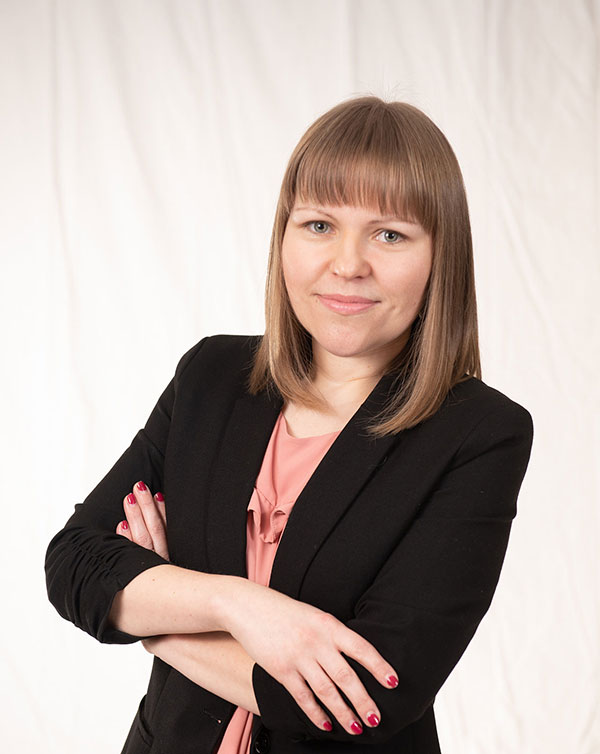 With a four-year National Science Foundation grant of $850,000, Trinity College Associate Professor of Computer Science Ewa Syta and her research collaborators—including Trinity students—will work to make internet communications more secure.
With a four-year National Science Foundation grant of $850,000, Trinity College Associate Professor of Computer Science Ewa Syta and her research collaborators—including Trinity students—will work to make internet communications more secure.
“We live our lives on the internet,” said Syta, chair of Trinity’s Computer Science Department. “It’s hard to think of any process that’s purely offline. But the internet was not designed to withstand adversarial action . . . for years, it was used by scientists and researchers to communicate and share data with one another. Now you have this massive infrastructure that is lacking security; we cannot start over, so we’re trying to fix it.”
Syta will conduct the NSF-funded project, “Applied Cryptographic Protocols with Provably-Secure Foundation,” with Amir Herzberg, Comcast Endowed Professor for Security Innovation at the University of Connecticut. Syta and Herzberg have been pursuing this line of research for several years; both are principal investigators on the collaborative project. Trinity will receive about $318,000 of the total grant, with the rest of the award going to UConn.
The focus of the research is on Public Key Infrastructure (PKI), which Syta said is something that everyone uses to encrypt messages to achieve confidentiality. “It’s a hidden part of internet infrastructure, but it’s completely broken,” she said.
With more than 100 different certificate authorities issuing public key certificates—which are used to authenticate the source of a message—and no standard definition of security for PKI, Syta said that there is plenty of room for people with bad intentions to take advantage.
The research is expected to benefit developers, who will have access to provably secure systems, and users, who will have improved security and privacy guarantees. Everyone will benefit from a strengthened security infrastructure, educational reports to raise awareness of the importance of cybersecurity, and new ways to encourage students to learn about cryptography and cybersecurity, Syta said.
At Trinity, Syta teaches a course on computer security and supervises independent studies and senior projects on related topics. “My long-term goal is to make computer security courses accessible and available to all Trinity students,” she said. “Regardless of their majors, our students will work with data, and it is critical for them to know how to properly and securely do so.”